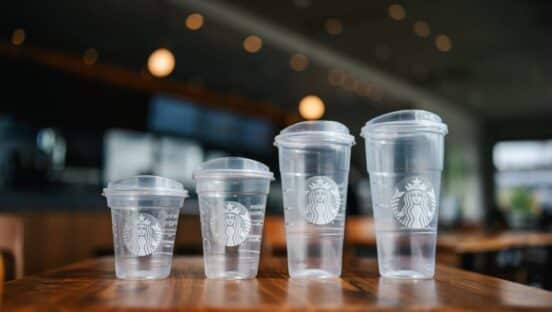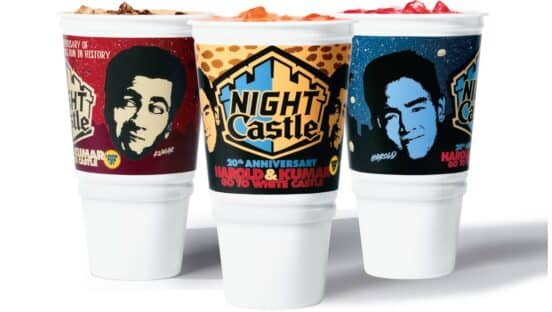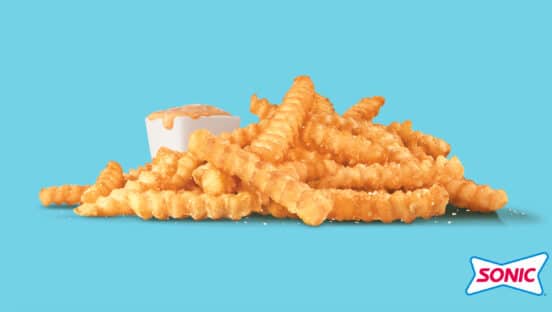Qdoba announced the signing of five new multiunit development agreements in new markets around the country, expanding its brand with the help of multiconcept franchisees.
Todd Owen, vice president of franchise development for Qdoba, says the brand is trying to penetrate new markets across the country, and that multiconcept franchisees have established infrastructure that can help them do just that.
“There are deeper pockets, and more understanding that business is cyclical—some times are really good, and some times are not,” Owen says.
“It’s not like we’ve got thousands of locations. We’re still building a brand and there are a lot of [designated metropolitan areas] that have a very limited presence.”
The five new markets where Qdoba signed agreements include Dallas, Houston, and Austin, Texas; Montana; and the Buffalo/Erie area of New York. The new franchisees have experience with or are also franchisees of brands such as Dunkin’ Donuts, Papa John’s, Steak ‘n Shake, Quaker Steak & Lube, Checkers/Rally’s, Subway, and Jack in the Box.
Owen says that though Qdoba is not growing at the rate it used to because of the recession, the company hasn’t changed its criteria for new franchisees entering the fold.
“You can get desperate and perhaps make concessions to your criteria,” he says. “It may work out, but the disciplined approach is one that we believe is best long term. We don’t want closures. We don’t want the brand to be deluded.”
One of the bigger complications in maintaining brand standards in this economic climate, Owen says, is finding appropriate real estate.
“If you’re a growth brand, you may look at some second-generation spaces and conversions, etc., but we’re captured in the inline/endcap-type development, which is driven by developers,” he says, adding that new development took a hit in the recession.
“Would we like to be back where we opened almost 100 restaurants in our peak year? Sure. But you don’t do that at the cost of accepting inferior real estate.”
Brij Agrawal, the newly signed Qdoba franchisee for the Houston market, is one multiconcept franchisee through which the company hopes to leverage extensive market experience and infrastructure. His agreement with Qdoba calls for 15 stores in seven years.
Agrawal is also a Subway franchisee, and owns 75 Subway units in the Greater Houston area.
“We were getting to the point where our opportunities for growth in Subway were becoming limited to a certain extent,” Agrawal says.
With Qdoba, which he says he chose because he felt it was headed in the right direction and because it “suits our needs,” Agrawal says the work is cut out for his team.
“Obviously it’s going to be an uphill battle for us in Houston, because there is no name recognition of Qdoba.”
Uphill battle may be an understatement for the quick-serve industry as a whole, and Owen says growth right now is something that brands have to redefine.
“It’s not so much getting back to the robustly growing economy, but what exactly is the new norm?” he says. “I think we’re in it for a slog. I just don’t see things getting hot.”
By Sam Oches








